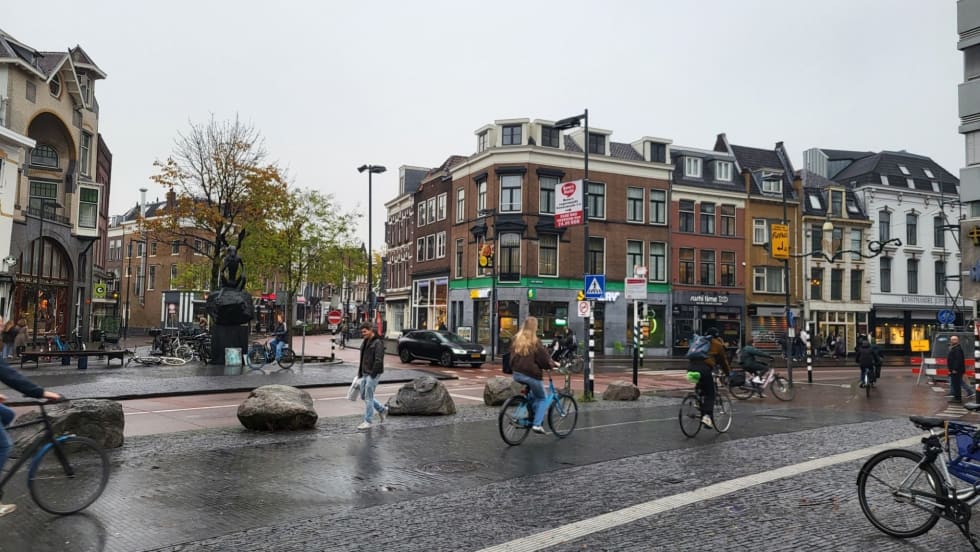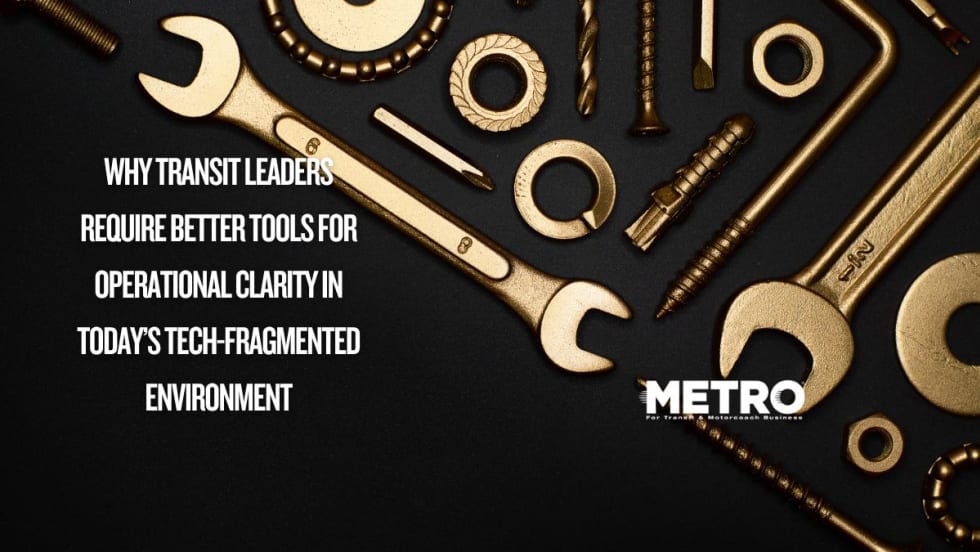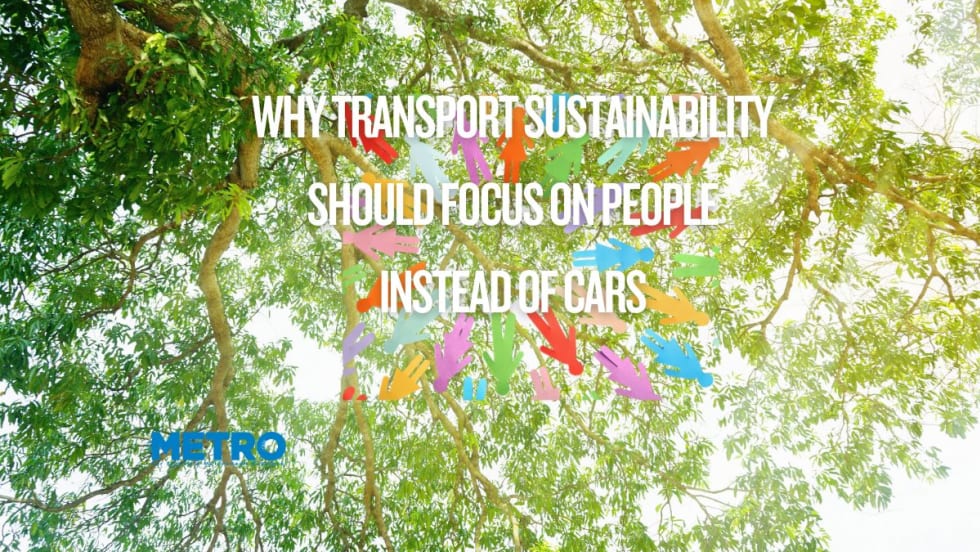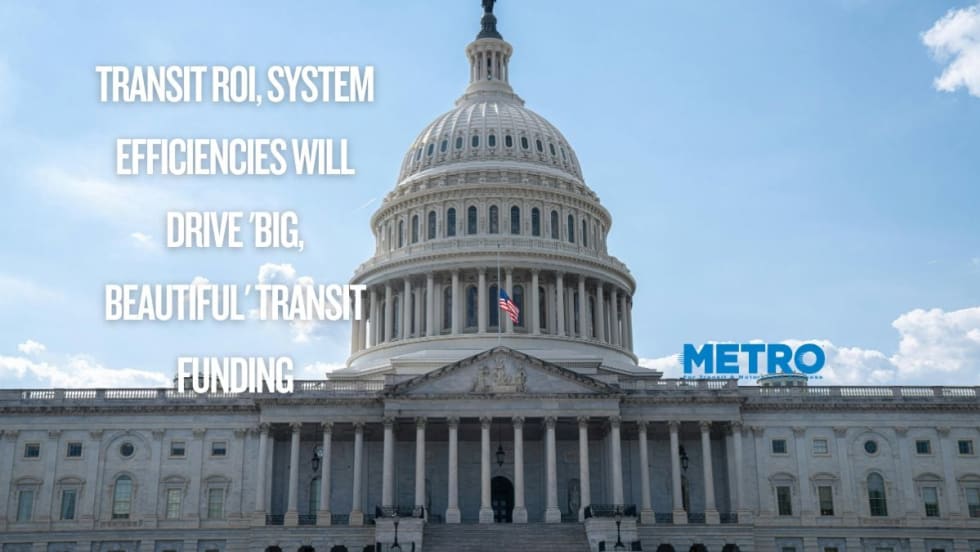Transit Dispatches

Alex Roman
Executive Editor
Transit Dispatches is your go-to source for the latest news, trends, and analysis in public transportation, motorcoach travel, and sustainable mobility. From city buses to luxury motorcoaches, we explore the evolving landscape and help you stay informed and ahead of the curve with expert insights on transit innovations, fleet management, passenger experience, and policy updates.








